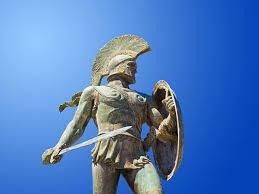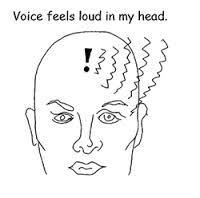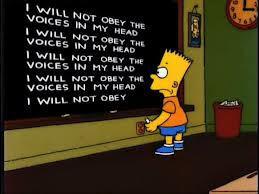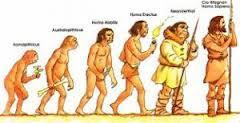I recently had an article published in Philosophy Now. Because only subscribers can read it online, I’ve uploaded the text. Here’s a brief recap:

By “consciousness” Jaynes means a sense of self, that there’s a “me” in there. While we don’t fully understand how selfhood arises, it can be seen as an emergent property of the mental system as a whole. But a lot of mental functioning is more or less unconscious; we can even perform complex tasks, like driving, apart from conscious attentiveness. Jaynes is saying people could have had such complex mental functioning without the emergent property of self. But this is contradicted by the evidence of seven billion examples, wherein the complexity does produce selves, even for people dumb as boards.

But what The Iliad really illustrates is cultural evolution. Civilization was new, and it took time to develop all its familiar characteristics. The Iliad followed the convention of the time for how tales were told. Literature had to evolve a lot before portraying characters’ inner lives. And Jaynes misreads The Iliad. He stresses how Achilles vacillated over killing Agamemnon until the Goddess Athena told him to. But what was this vacillation if not the working of his own mind? And while Jaynes says the vacillating is depicted physiologically – “gut churning,” etc. – surely the Greeks understood such imagery as conveying something mental.

Also, Jaynes evades the issue of how god directives were carried out. You’d need an intermediary, hearing the god voice, deciding to obey it, and working the muscles accordingly.

Jaynes seems to date bicameral minds to the beginnings of civilization (around 10,000 years ago), the god voices evolving from actual voices of kings. This begs the question of what sort of mental life preceded bicameralism, and on this Jaynes is remarkably silent. Would earlier people have had selves, and given them up? Or were they previously not even bicameral? Yet archaeological evidence shows that stone-agers led quite sophisticated lives with plenty of technology and artisanship. Language goes back tens of thousands of years, and it’s hard to imagine its developers didn’t know when they were talking to themselves.
Jaynes is also conspicuously silent about civilizations outside the Near East and Mediterranean areas. Obviously his invoking social upheavals 3000 years ago would be inapplicable to other regions with very different histories. And his discussion of those alleged upheavals is anyway cursory. Life throughout ancient times was pervasively tumultuous, difficult, and much more violent than today. Jaynes fails to show something so uniquely unsettling about the times around 1000 BC that it changed how minds work.
Survival was always a struggle; consciousness was a useful survival adaptation, evolved to at least some degree in many creatures. Homo Sapiens is simply the most extreme example, whose high level of consciousness likely evolved to facilitate the complex social cooperation that figured so large in his survival, long before 1000 BC.


